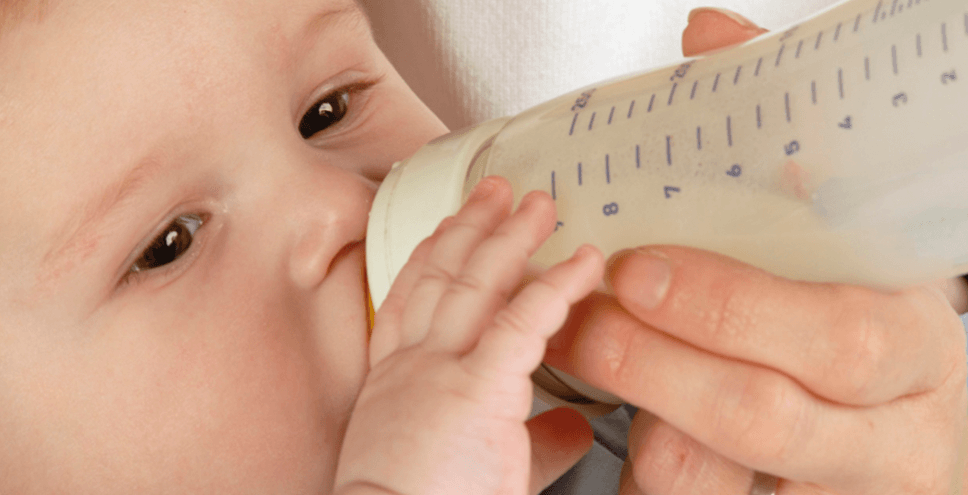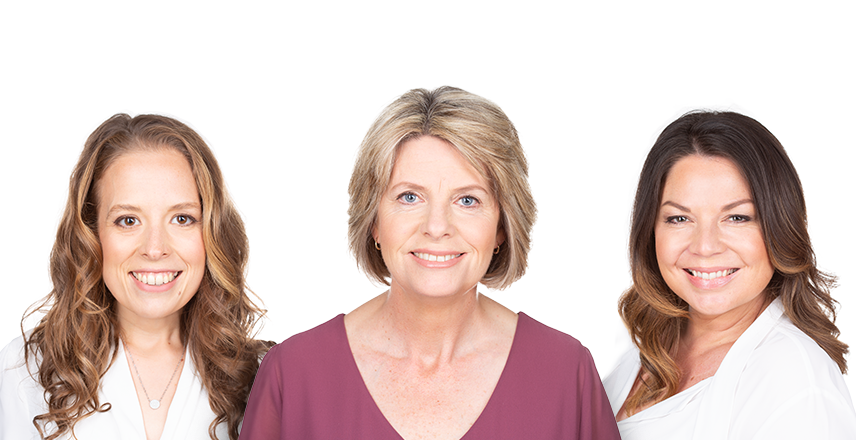Safe Bottle Preparation
Link copied!

Breast milk is the best choice for babies. Sometimes it is not possible for infants to feed directly from the breast and the use of bottles may be required to feed expressed breast milk or an infant formula.
Important considerations when bottle feeding:
- Check expiry date of formula.
- Hands should always be washed with soap and water and dried before expressing milk or preparing formula and bottles
- Always use sterilised bottles and teats.
- Always use the scoop provided with the formula because different formulas may have different scoop sizes.
- Always keep formula in its original can and cover with the plastic lid to prevent contamination of the powder. Do not transfer the powder to another container because there is a high risk of contamination.
- Follow manufacturer’s instructions exactly when preparing feeds and don’t add more or less powder than recommended. It is important that the formula is made up correctly so the infant gets the correct amount of nutrients.
- The water should always be put in the bottle first and then add the powder.
- Bottles containing the sterilised water can be refrigerated for up to 24 hours.
- Prepared formula should be protected from contamination and used immediately. Make up each feed fresh as needed. Do not store prepared formula for later use.
- Once an infant has had some formula from the bottle, the feed should be used within one hour, and then any leftovers discarded.
- Do not leave prepared formula sitting at room temperature or in a warm place.
- Once a formula can has been opened, it can be safely kept for 3-4 weeks depending on the type of formula.
Safe Bottle Preparation FAQ
Below you will find some frequently asked questions related to Safe Bottle Preparation. You can also download the full FAQ PDF version.
Download PDF
